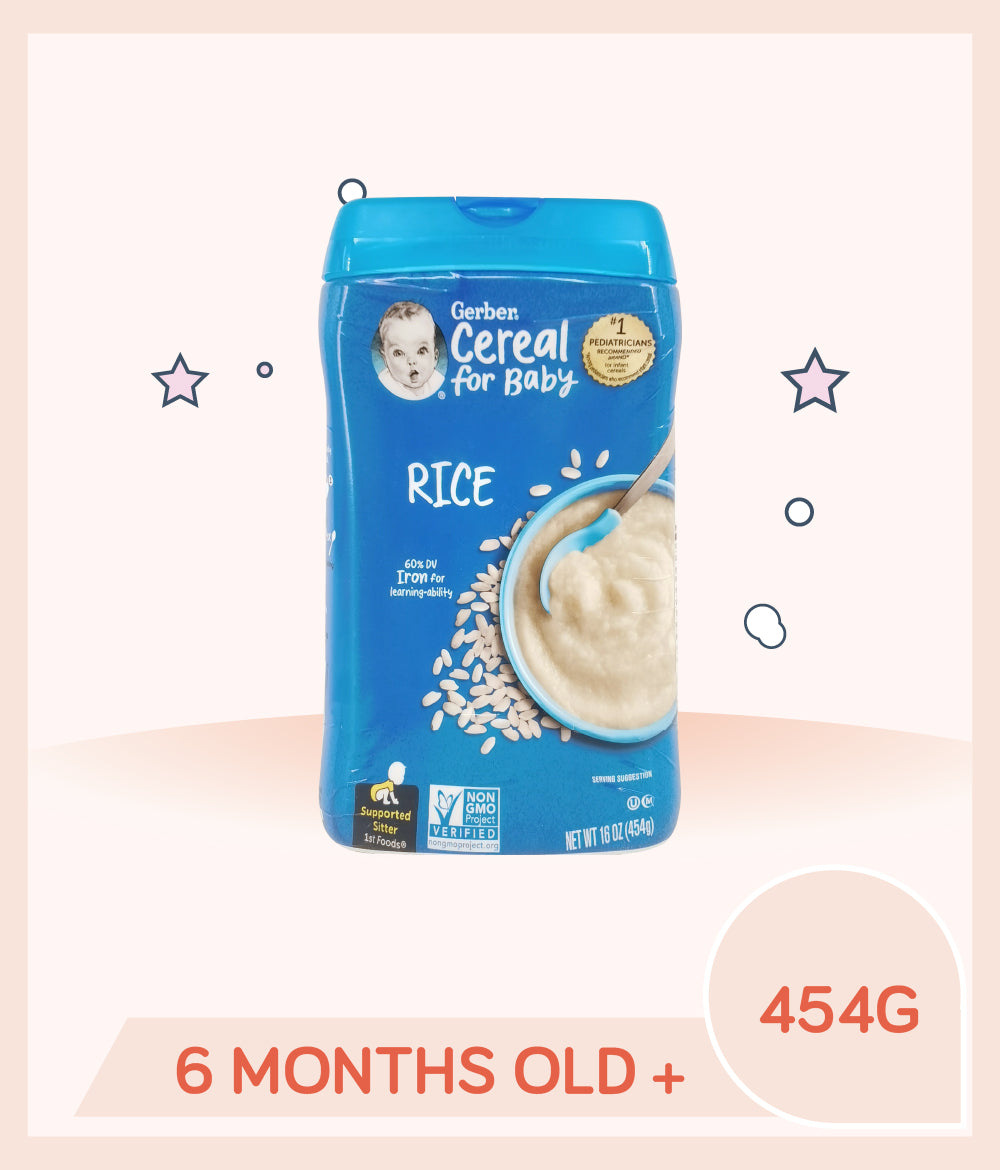Understanding Baby Constipation: The Causes
For parents, few things are as concerning as seeing their baby in discomfort. One common source of distress for both infants and caregivers is constipation in babies. While occasional changes in bowel habits are normal, persistent constipation can be a sign of underlying issues that require attention.
In this article, we will delve into the world of the causes of baby constipation, highlighting the most common triggers, how to recognize symptoms, and when it's time to seek professional help. By understanding what causes constipation in infants, parents can make informed decisions and better support their baby’s digestive health.
Common Baby Constipation Causes
Dietary Changes
Dietary changes are a common cause of baby constipation. When babies start eating solid foods or transition to a new diet, their digestive system may need time to adjust. Introducing new foods or formulas can sometimes lead to a temporary imbalance in the gut flora, which can result in constipation.
Dehydration
Dehydration can be a common cause of constipation in babies. When a baby doesn't get enough fluids, their body tries to conserve water, leading to harder and dryer stools that are difficult to pass. This can result in constipation. Babies can become dehydrated for various reasons, such as not drinking enough milk, especially in hot weather or when they are sick. Introducing solid foods too early or giving foods that are low in water content can also contribute to dehydration.
Low-Fiber Diet
A low-fiber diet can contribute to baby constipation because fiber helps add bulk to stool, making it easier to pass. When a baby consumes a diet low in fiber, their stool can become hard and difficult to pass, leading to constipation.
Medical Conditions
While uncommon, medical conditions that cause constipation in babies include issues like Hirschsprung’s disease, hypothyroidism, or other gastrointestinal anomalies. If your baby has chronic constipation that doesn't improve with dietary changes or hydration, consult a pediatrician to rule out any underlying health issues.
When to Worry? If your baby hasn't passed stool for more than 3 days, shows signs of severe discomfort, or passes blood-streaked stools.
Get to know and understand the causes of constipation in babies empowers parents to take proactive steps—whether it's adjusting diet, increasing fluid intake, or consulting a doctor. While baby constipation is often temporary and harmless, consistent care and attention can ensure your little one stays happy, hydrated, and healthy.
Read the next article about the Signs of Constipation in Babies to understand your newborns’ behaviour and take necessary actions.
















Leave a Reply